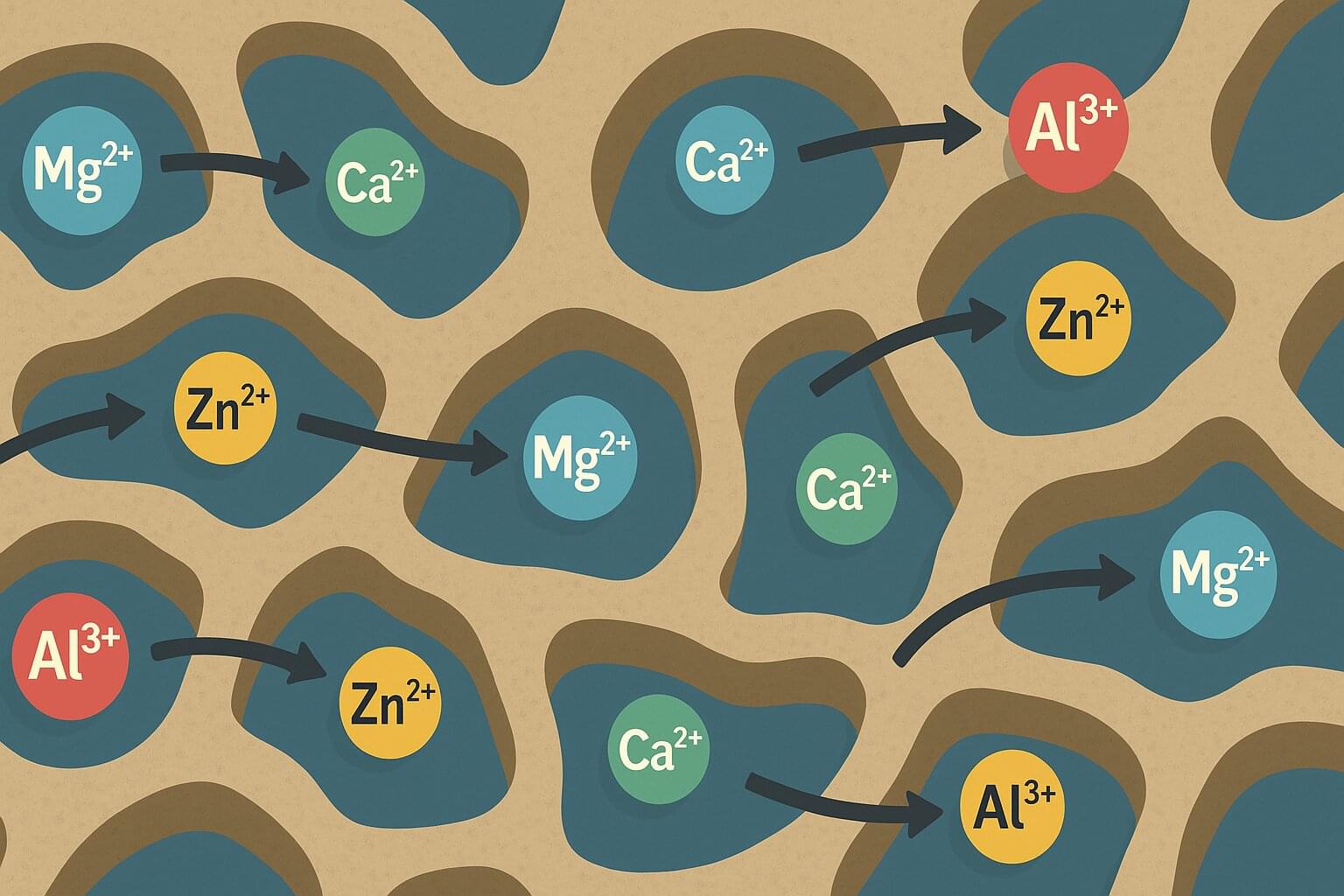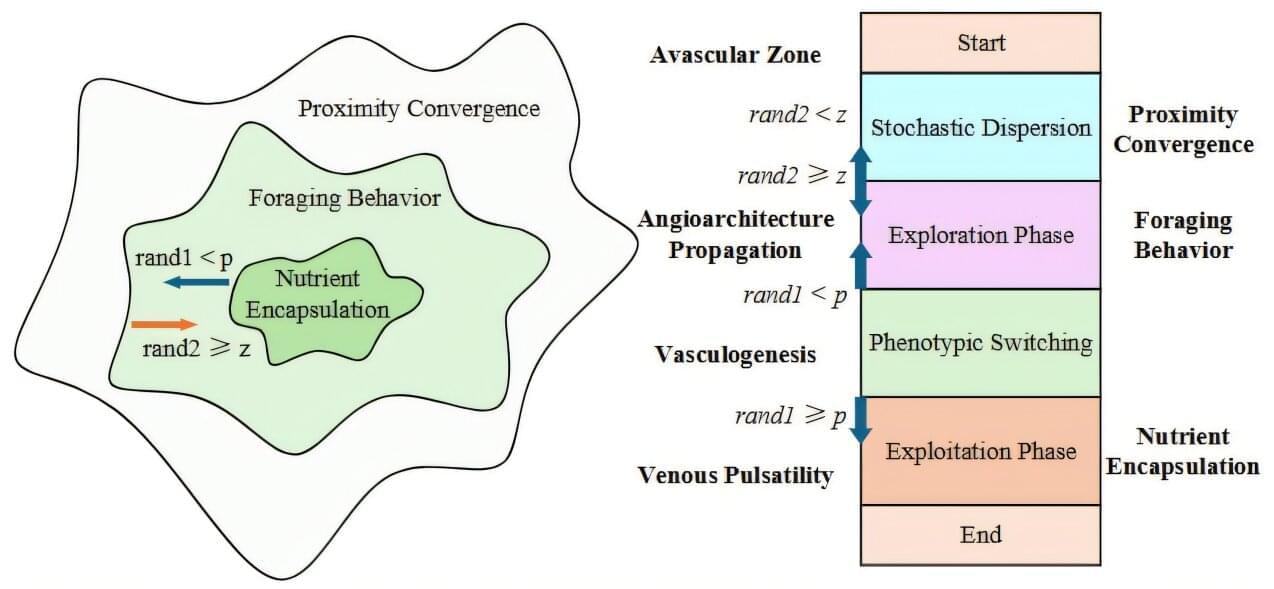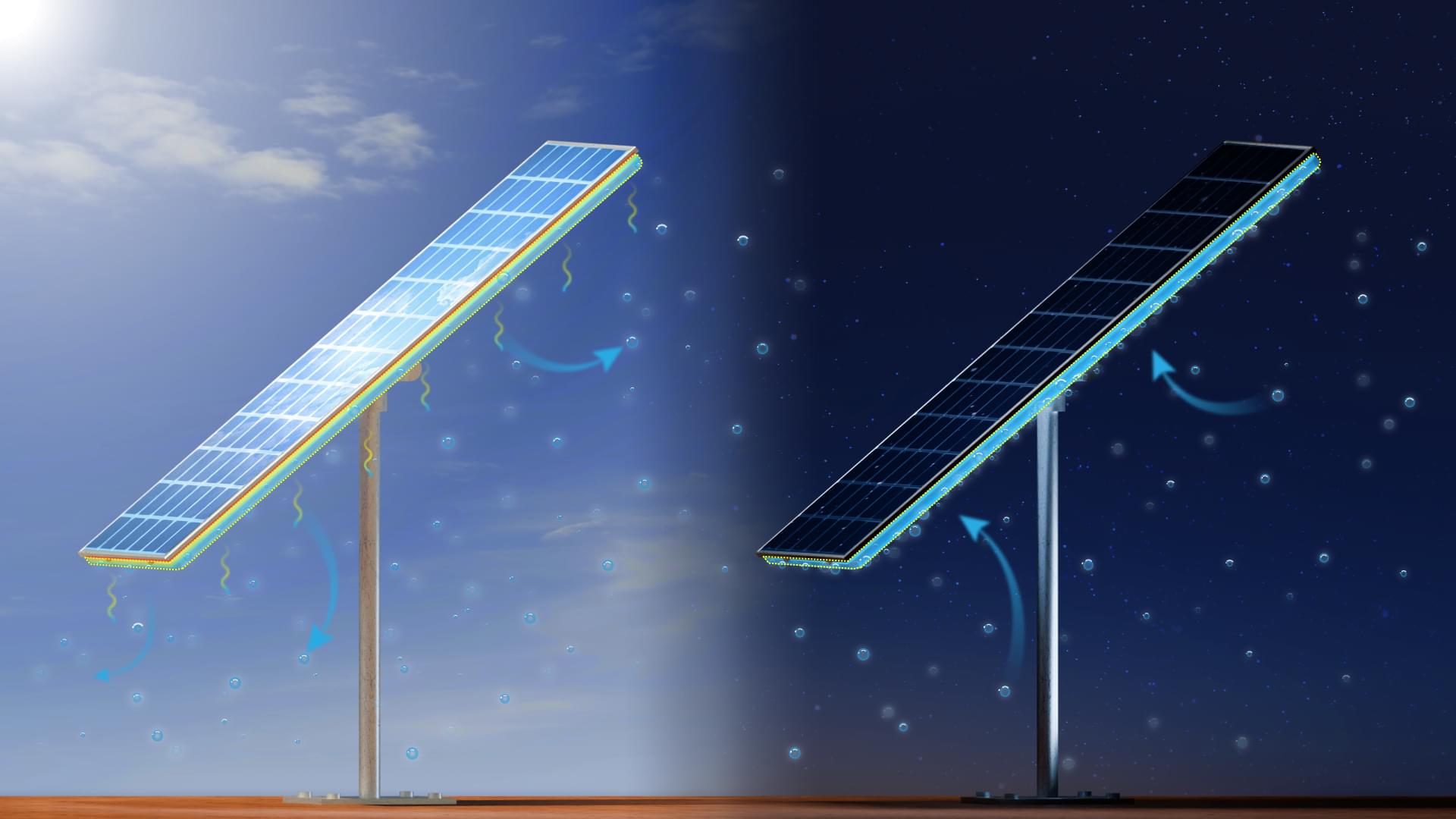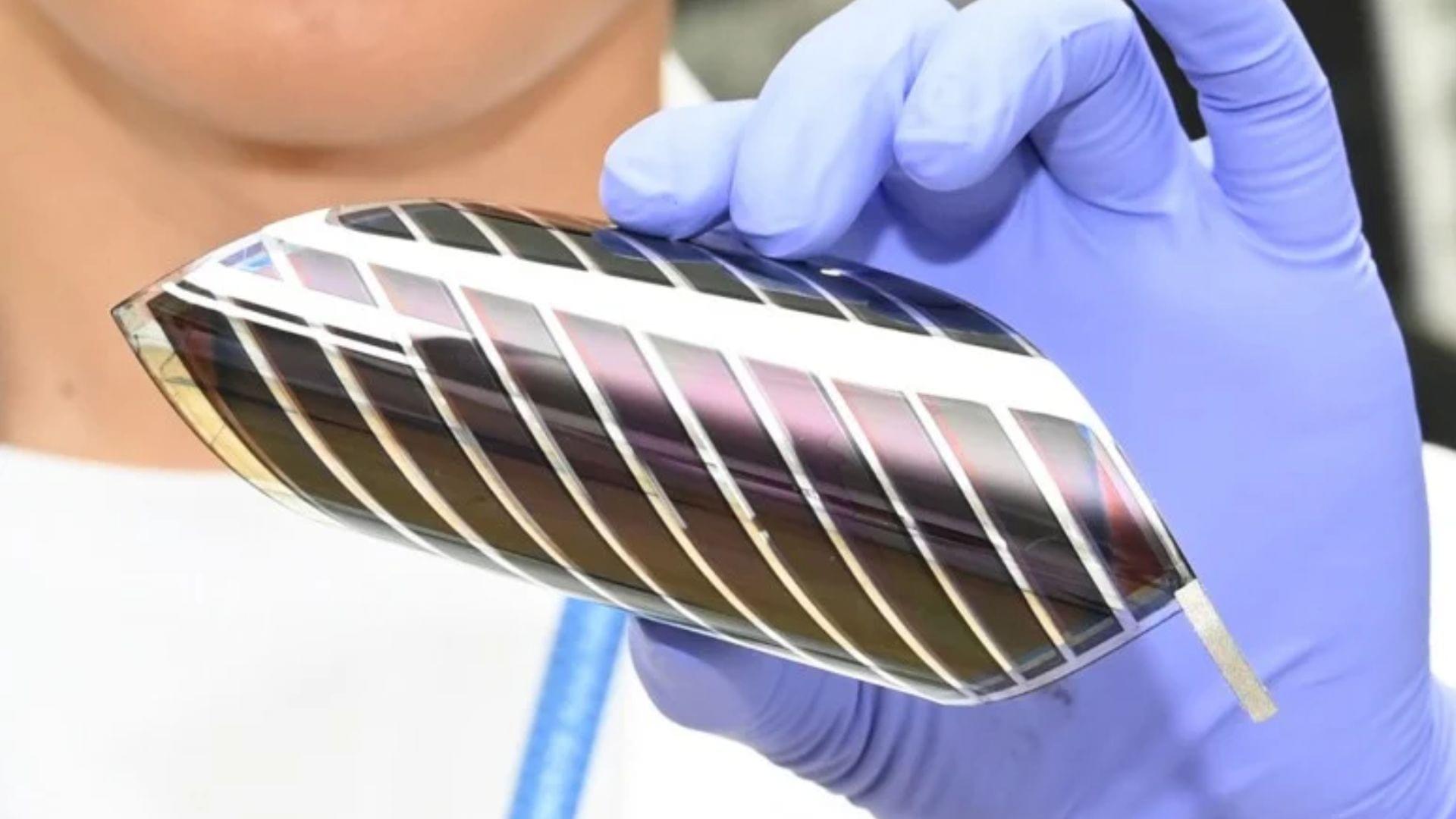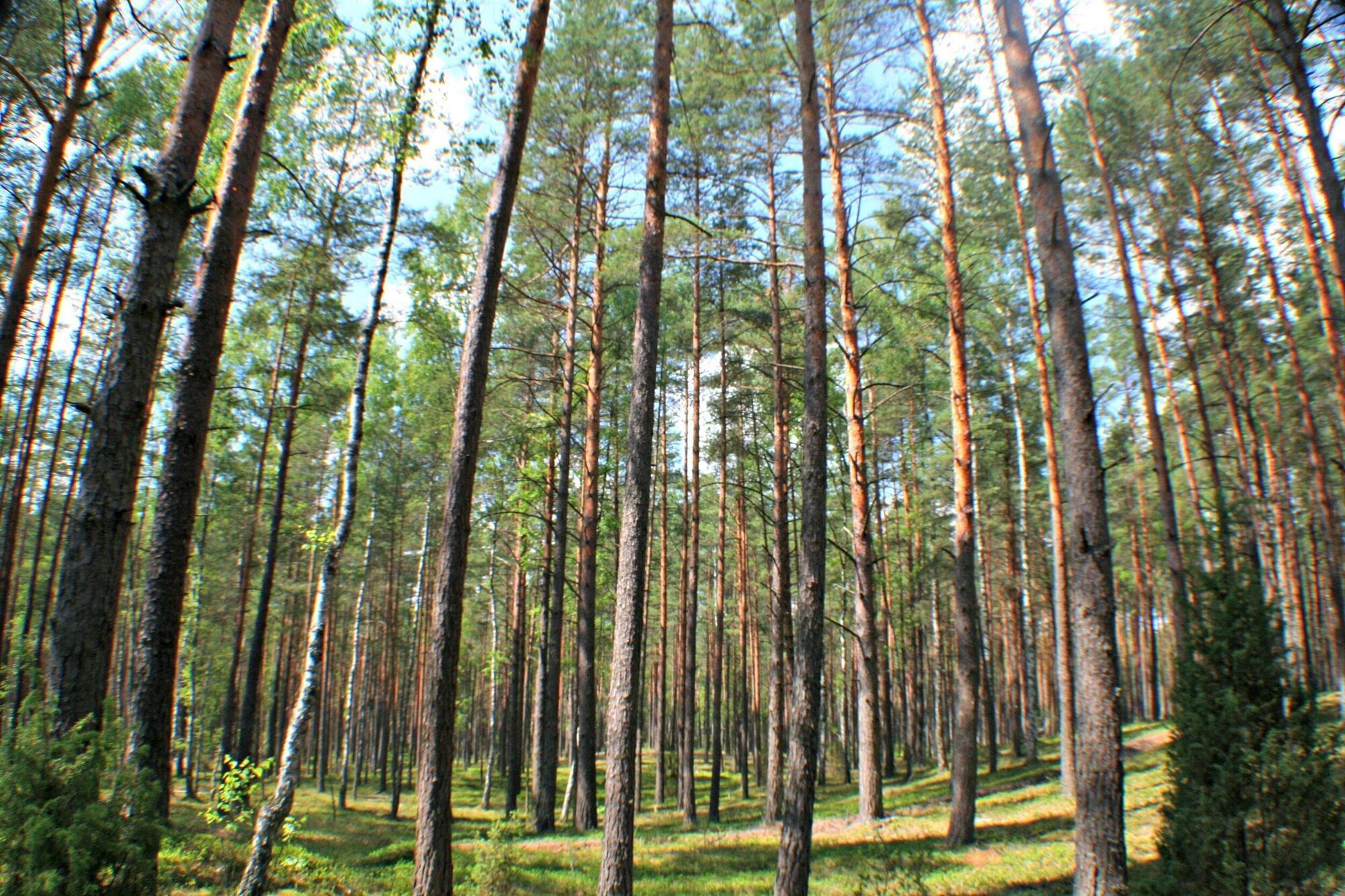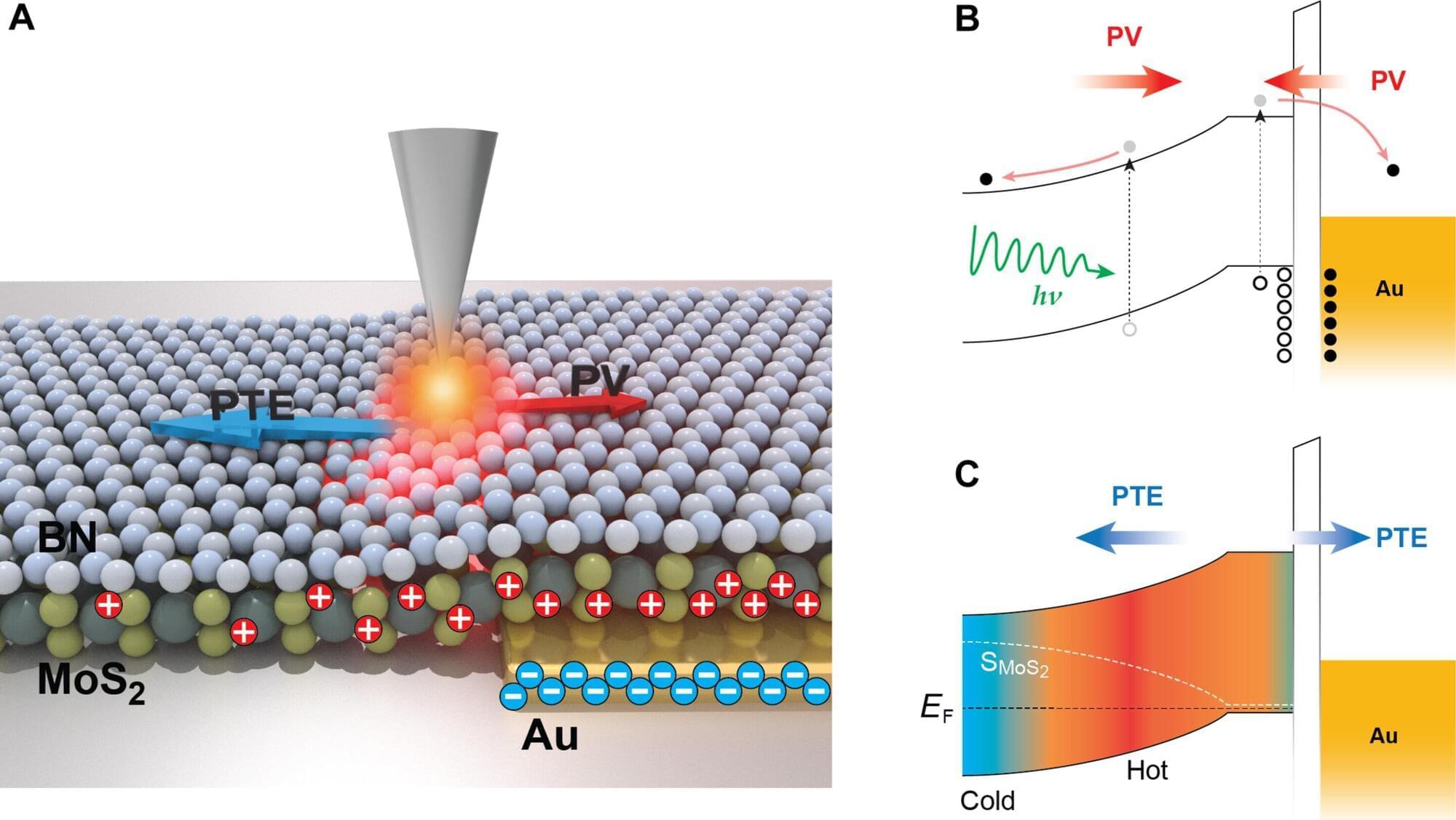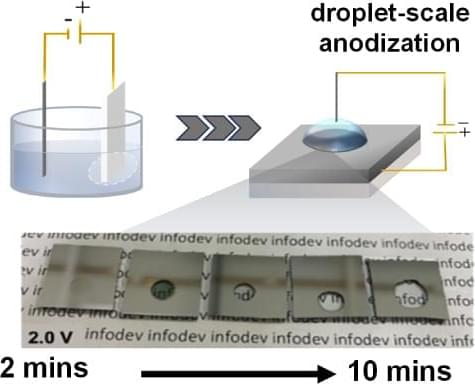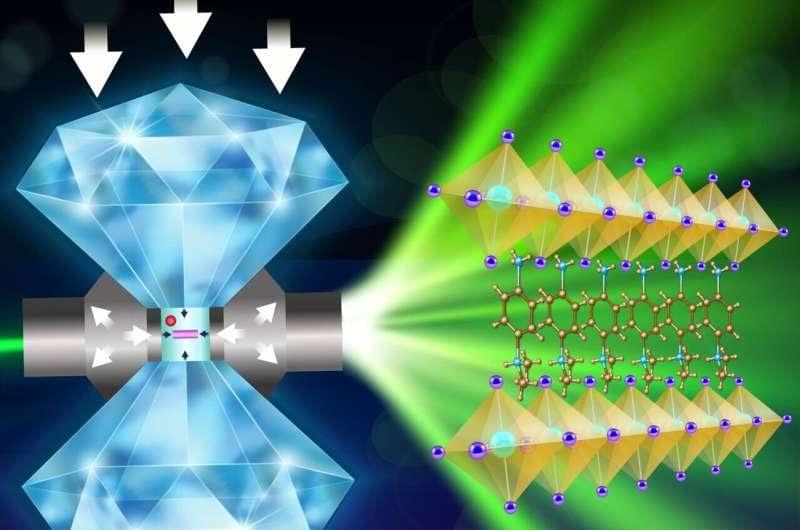Researchers from New Jersey Institute of Technology (NJIT) have used artificial intelligence to tackle a critical problem facing the future of energy storage: finding affordable, sustainable alternatives to lithium-ion batteries.
In research published in Cell Reports Physical Science, the NJIT team led by Professor Dibakar Datta successfully applied generative AI techniques to rapidly discover new porous materials capable of revolutionizing multivalent-ion batteries. These batteries, using abundant elements like magnesium, calcium, aluminum and zinc, offer a promising, cost-effective alternative to lithium-ion batteries, which face global supply challenges and sustainability issues.
Unlike traditional lithium-ion batteries, which rely on lithium ions that carry just a single positive charge, multivalent-ion batteries use elements whose ions carry two or even three positive charges. This means multivalent-ion batteries can potentially store significantly more energy, making them highly attractive for future energy storage solutions.
